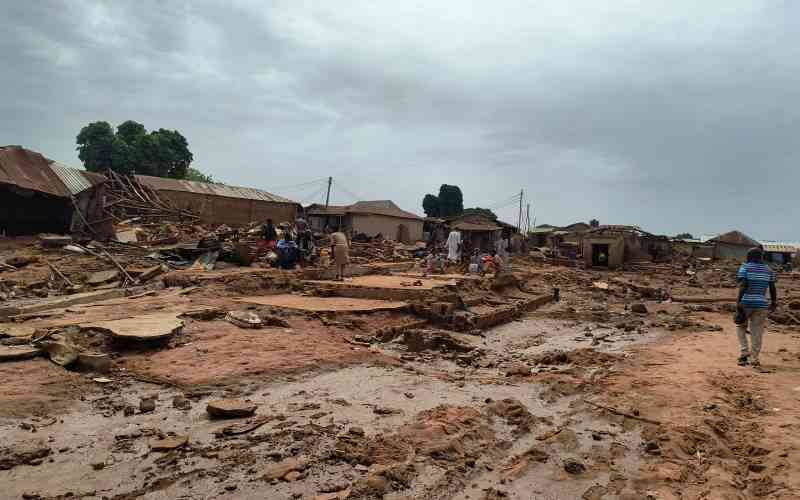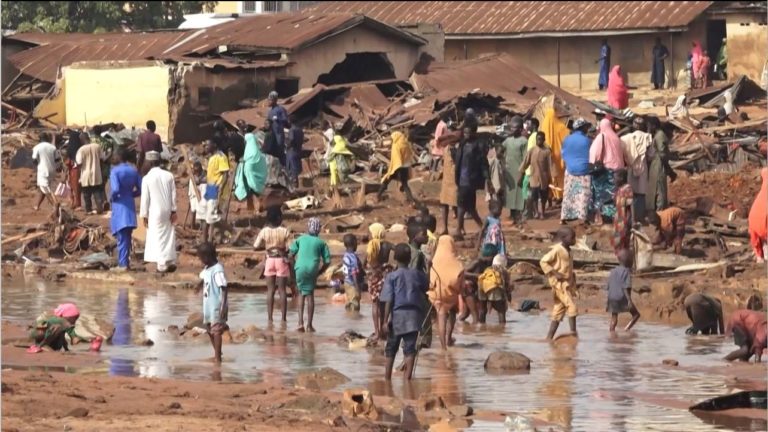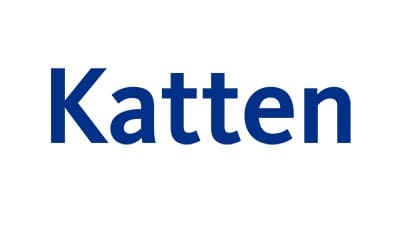Focus on High Maternal Mortality Rates in Nigeria

Maternal and neonatal mortality rates remain a critical concern in Nigeria, demanding urgent and comprehensive action. Recent initiatives by both state and federal governments, along with collaborative efforts involving international organizations, aim to address this pressing issue. This article delves into the multifaceted challenges contributing to high mortality rates and highlights ongoing strategies to improve maternal and newborn health outcomes.
Kaduna State's Partnership with MAMII
The Kaduna State Government has partnered with the Maternal and Neonatal Mortality Reduction Innovation Initiative (MAMII) to tackle the high incidence of maternal mortality in seven Local Government Areas (LGAs) of the state. Dr. Dayo Adeyanju, National Coordinator of MAMII, emphasized the initiative's focus on enhancing access to quality healthcare services and pinpointing the underlying causes of maternal deaths. Despite Nigeria having 172 LGAs with maternal health challenges, the concentration in these seven Kaduna LGAs is particularly concerning.
During a workshop in Kaduna, a roadmap was developed and presented to the state government, outlining actionable steps to reduce mortality rates. Dr. Adeyanju commended the Kaduna State Government's commitment to addressing maternal mortality issues. Hajiya Umma Ahmed, the state's Commissioner of Health, reaffirmed the government's dedication to collaborating with MAMII to decrease both maternal and neonatal mortality rates.
Council chairmen from the seven LGAs and traditional rulers met with the Deputy Governor, Dr. Hadiza Balarabe, to receive the roadmap report. Dr. Adeyanju presented findings and recommendations aimed at improving maternal health outcomes. Dr. Balarabe reiterated the state government’s commitment to reducing maternal deaths, urging the Ministry of Health to prioritize these efforts.
Federal Government's Intervention in Katsina State
The Federal Government has also initiated measures to combat high maternal and neonatal death rates in 15 out of the 34 local government areas of Katsina State. The Maternal and Neonatal Mortality Reduction Innovation Initiative (MAMII) was activated in collaboration with the state government to address this crisis.
Dr. Muntaqa Sadiq Umar, National Coordinator, Sector Wide Coordination Office, Abuja, noted that Katsina State has 15 LGAs with alarming rates of maternal and neonatal deaths. The activation of MAMII in Katsina is expected to significantly reduce these cases by 2027. Mr. Omoruyi Iyahen represented Dr. Umar at the ceremonial activation.
Zulaihat Dikko Radda, the wife of the Katsina State Governor, expressed deep concern over the statistics of maternal and neonatal deaths. Her NGO, Save Space Humanitarian Initiative, has trained 50 women volunteers to mobilize pregnant women in rural communities to attend antenatal services and deliver at health facilities. She called on government agencies, traditional and religious leaders, health workers, and development partners to address ignorance, poverty, and poor healthcare access.
Dr. Shamsudeen Yahaya, Executive Secretary of the state Primary Healthcare Development Agency, reported that between December 2023 and November 2024, Katsina State recorded 77,185 live births, with a significant number occurring at home (50,490) versus in hospitals (26,695).
National Overview of Maternal and Newborn Health in Nigeria
Nigeria faces a significant challenge with maternal and newborn mortality, driven by inadequate access to quality healthcare, a shortage of skilled birth attendants, poor infrastructure, and systemic failures. The World Health Organisation (WHO) reported that a woman dies from pregnancy-related complications every two minutes, with Africa accounting for 70% of these deaths in 2020.
Nigeria's maternal mortality ratio (MMR) is estimated at 1,047 deaths per 100,000 live births, ranking it among the countries with the highest rates globally. In April 2024, the Coordinating Minister of Health and Social Welfare, Muhammad Pate, reported approximately 57,000 maternal deaths in 2023. Additionally, UNICEF reported approximately 262,000 newborn deaths annually in Nigeria, the second highest worldwide, linked to poor healthcare infrastructure and limited access to skilled birth attendants.
Systemic Issues and Contributing Factors
A recent investigation highlighted severe deficiencies in maternal care, with women in Ogun State seeking healthcare in neighboring Benin Republic due to the poor state of local hospitals. The case of Kehinde Ogundipe, who delivered quadruplets at home due to lack of access to a functional hospital, underscores the dire situation.
The North-east zone experiences some of the worst maternal and newborn health outcomes due to prolonged conflict, particularly from the Boko Haram insurgency, leading to displacement, disrupted livelihoods, and food shortages. Consultant family physician, Agbor Ebuta, attributed the crisis to systemic inefficiencies and financial barriers, noting that Nigeria budgets an inadequate 5% of its annual budget for health. He also highlighted weak health insurance coverage (less than 10%) and a shortage of healthcare workers, with only 55,000 doctors remaining in the country. Furthermore, Nigeria’s primary healthcare system is weak, with less than 10,000 of 30,000 PHCs being functional.
Impact of Climate Change
Environmental factors, notably climate change, increasingly affect maternal and newborn health. Rising temperatures, air pollution, and food insecurity exacerbate risks for expectant mothers and infants. A WHO study found that for every one degree Celsius increase beyond 23.9 degrees Celsius, infant mortality risk rises by up to 22.4%. Climate change expert, Nicholas Adeniyi, explained that rising temperatures accelerate the breeding of microbes and disease-carrying insects, increasing infections like malaria and Lassa fever.
Climate-induced waterborne infections, such as cholera and typhoid, are also on the rise, particularly in flood-prone areas. Food insecurity, driven by erratic weather patterns and droughts, worsens malnutrition among expectant mothers, increasing the risk of maternal underweight and fetal growth restrictions. Mr. Adeniyi stressed the need for climate-inclusive health policies to address these challenges.
The Role of Diagnostics
Accurate and timely diagnostics are crucial for early detection and effective treatment in maternal and newborn healthcare. Oghenemaro Onoronu, business head of diagnostic instruments at ISN Products Nigeria, highlighted the importance of genetic testing and automation in microbiology and hematology systems for detecting infections like sepsis. While progress has been made, particularly in Lagos, access to quality diagnostics remains a challenge in rural areas due to limited funding and a shortage of trained personnel.
Mr. Onoronu emphasized the need for greater investment in automated diagnostic systems and financial support for healthcare investments, noting that other countries provide better financial support for healthcare investments than Nigeria. He also pointed to policy efforts like the Maternal Mortality Reduction Innovation Initiative (MAMI) and the push for free caesarean sections as positive steps.
Bridging the Gaps
The theme for this year’s World Health Day, “Healthy beginnings, hopeful futures,” underscores the importance of maternal and newborn health. The WHO urges governments and the health community to intensify efforts to end preventable deaths and ensure proper care during pregnancy and childbirth. This includes prioritizing women’s longer-term health and well-being.
Addressing Nigeria's high maternal and neonatal mortality rates requires a multi-faceted approach involving government initiatives, international collaborations, improved healthcare infrastructure, climate-inclusive policies, and greater investment in diagnostics and healthcare personnel. Only through sustained and coordinated efforts can Nigeria hope to achieve healthier beginnings and hopeful futures for its mothers and children.









